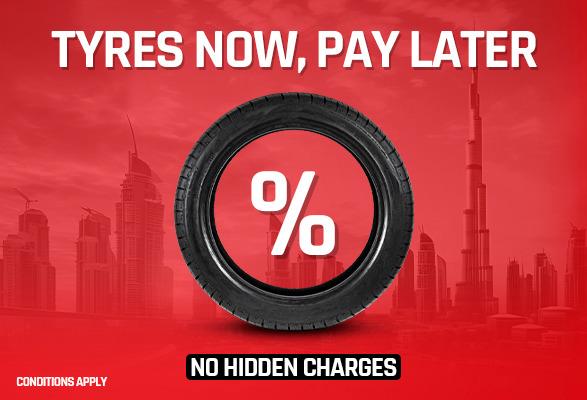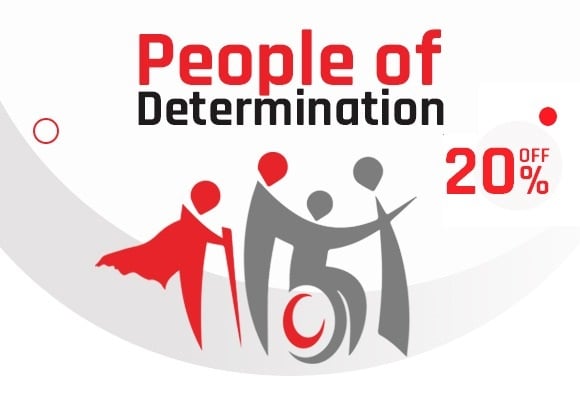Dubai Aims for Zero-Emission Public Transport by 2050
Dubai's Road and Transport Authority (RTA) has recently revealed a comprehensive plan to achieve net-zero emissions in its public transport system by 2050. The ambitious strategy not only focuses on reducing carbon emissions from transportation but also aims to minimize the carbon footprint of RTA's buildings and waste-management plants.
As part of their ambitious plan, the RTA is set to decarbonize all taxis, limousines, and public buses within the next year. In addition, the authority is focused on designing buildings with near-zero energy consumption, utilizing renewable energy sources, and effectively eliminating municipal waste. These collective efforts are estimated to significantly reduce 10 million tonnes of carbon dioxide emissions.
In a remarkable step, the UAE is investing Dh600 billion in a comprehensive plan that aims to foster the development of clean and renewable energy sources over the next three decades. This commitment solidifies the UAE's pioneering role among Gulf countries in their unwavering dedication to achieving net-zero emissions. The implementation of this visionary plan not only signifies a significant stride toward a sustainable future but also anticipates substantial cost savings of Dh3.3 billion.
Mattar Al Tayer, the director general of RTA, expressed the significance of this strategy, stating, "The new strategy outlines a comprehensive approach to sustainability within RTA”. The main goal is to improve sustainability and decrease CO2 emissions, while also advancing the RTA's mission of becoming a global leader in seamless and sustainable mobility. This will be achieved through innovative transportation services and road systems that offer a world-class customer experience.
To accomplish its goals, the RTA has set specific targets for the conversion of vehicles to electric and hydrogen-powered alternatives. By 2030, the authority plans to convert 10 percent of public buses, taxis, and limousines into electric and hydrogen vehicles. These targets are set to increase to 20 percent in 2035 and eventually reach 100 percent by 2050. Moreover, the RTA plans to convert 10 percent of school buses into electric and hydrogen buses by 2030, aiming to reach 100 percent by 2050.
The authority's sustainability initiative extends beyond transportation to include its buildings. The RTA will retrofit 24 structures with solar panels before 2025, with a goal to retrofit and upgrade 74 percent of its buildings by 2030. By 2045, the RTA aims to achieve 100 percent near-zero energy buildings. Furthermore, waste management programs will be implemented to achieve 100 percent reuse and recycling of municipal waste by 2030. The RTA also plans to increase the use of recycled water in its buildings and facilities to 40 percent by 2050.
This new strategy aligns with the UAE's preparations for Cop28 and the UAE Net Zero by 2050 Strategic Initiative, demonstrating Dubai's commitment to combating climate change and transitioning towards a sustainable future. In fact, the RTA announced earlier this year its plans to make its entire taxi fleet eco-friendly by 2027, ensuring that all taxis are hybrid, electric, or hydrogen-powered.
Dubai has been actively pursuing green initiatives, evident from its successful implementation of 36 energy and green economy initiatives last year. These efforts resulted in a significant cost reduction of Dh86 million for the RTA. The UAE as a whole has also made substantial commitments to sustainability, unveiling the Net Zero 2050 Strategic Initiative in 2021.
In March, the UAE government and the seven emirates signed the Net Zero 2050 Charter, pledging their support for the UAE's National Net Zero by 2050 pathway announced at Cop27. The charter includes a commitment to enact and monitor initiatives and measures that mitigate the effects of climate change on biodiversity, the environment, biosecurity, and public health. Additionally, it emphasizes the development of action plans, policies, and strategies for climate action, including the measurement and monitoring of greenhouse gas emissions in each of the seven emirates.
Dubai's Road and Transport Authority's bold strategy demonstrates the city's commitment to sustainable and eco-friendly transportation, setting an example for other cities worldwide. With its ambitious targets and comprehensive approach, Dubai aims to achieve global leadership in smooth and sustainable mobility while ensuring a world-class customer experience.
Discover the latest news on the automobile, transport, and tire industries in the UAE and Saudi Arabia by exploring PitstopArabia News. Stay informed and up-to-date with the latest developments in these sectors.










































